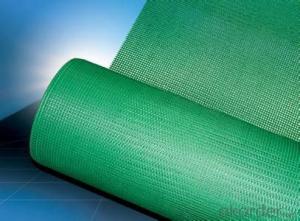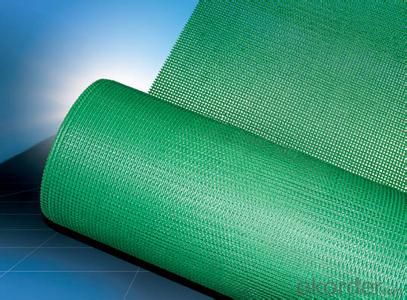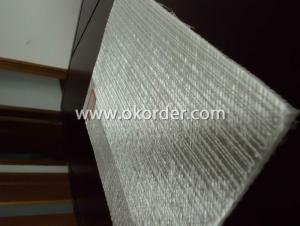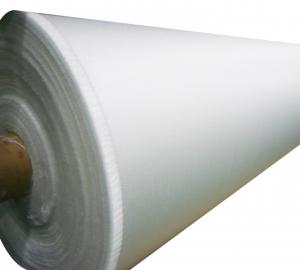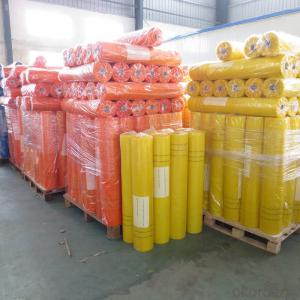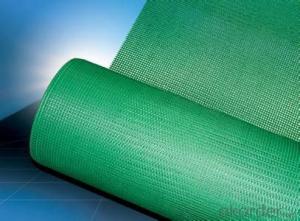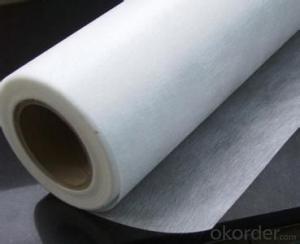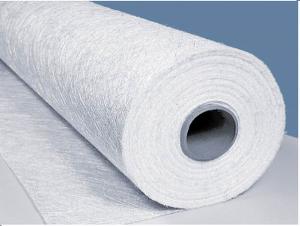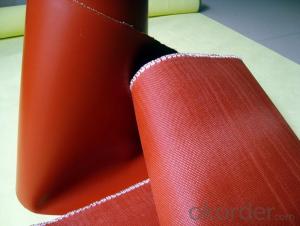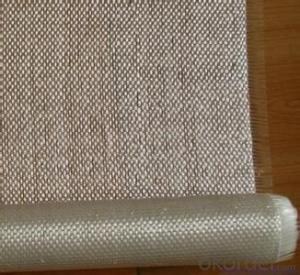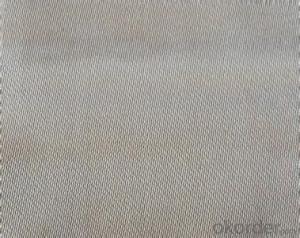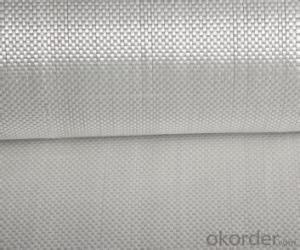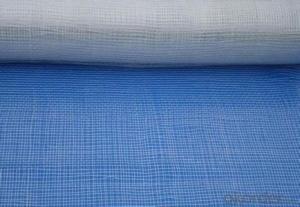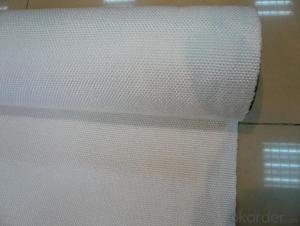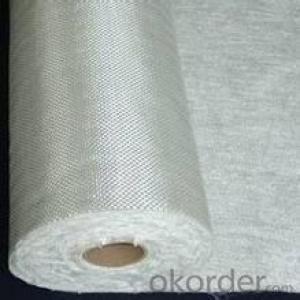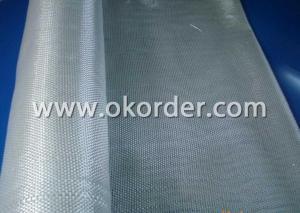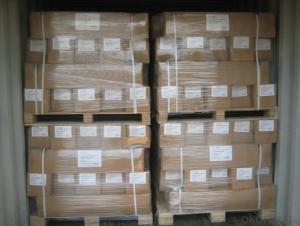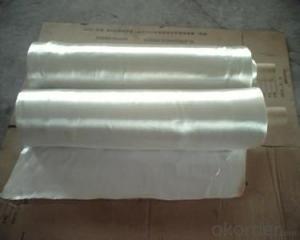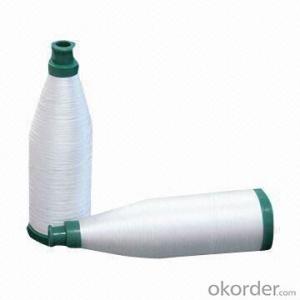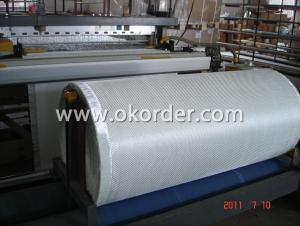Silica Fiberglass Fabrics
- Loading Port:
- China Main Port
- Payment Terms:
- TT OR LC
- Min Order Qty:
- -
- Supply Capability:
- -
OKorder Service Pledge
Quality Product, Order Online Tracking, Timely Delivery
OKorder Financial Service
Credit Rating, Credit Services, Credit Purchasing
You Might Also Like
Quick Details
| Place of Origin: | Brand Name: | Model Number: | |||
| Application: | Weight: | Surface Treatment: | |||
| Width: | Weave Type: | Yarn Type: | |||
| Alkali Content: | Standing Temperature: | style: | |||
| soft point: | working temp.: | thickness: | |||
| advantage: | usage: |
Packaging & Delivery
| Packaging Detail: | cartons, pallet |
| Delivery Detail: | about 30 days upon confirmation |
Specifications
silica cloth
plain or satin woven
high temperature insulation
non-asbestos product
good chemical stability
- Q: Can fiberglass fabric be dyed?
- Certainly, dyeing fiberglass fabric is possible. This versatile material lends itself to a range of dyeing techniques, allowing for vibrant coloration. Nevertheless, it is crucial to understand that dyeing fiberglass fabric may deviate from conventional fabric dyeing practices. Given its synthetic composition, specialized dyes or specific dyeing methods may be necessary. To achieve optimal and enduring outcomes, it is advisable to refer to the manufacturer's guidelines or seek expert counsel when undertaking the dyeing of fiberglass fabric.
- Q: Is fiberglass fabric suitable for use in protective masks?
- Indeed, fiberglass fabric proves to be a fitting option for deployment in protective masks. Renowned for its unparalleled robustness and resilience, fiberglass emerges as an optimal selection for safeguarding equipment. It establishes a steadfast shield against particles, dust, and other detrimental agents. Moreover, fiberglass fabric boasts a featherweight composition, ensuring wearers can comfortably don the mask for prolonged durations without experiencing any distress. Furthermore, its resistance to fire further amplifies its appropriateness for protective masks. In conclusion, fiberglass fabric successfully fulfills the essential prerequisites for a dependable and efficient protective mask material.
- Q: Is fiberglass fabric resistant to chemicals used in water treatment?
- Yes, fiberglass fabric is generally resistant to chemicals used in water treatment.
- Q: How much glass fiber cloth and how much epoxy resin does it take to make a square meter of fiberglass?
- However, these data are probably different, each kind of resin viscosity (thin consistency), the more concentrated the resin will use more, and alkali content of different fiber, eat the amount of resin will be different, good eating fiber resin will be a little less.
- Q: How does fiberglass fabric handle repeated flexing and stretching?
- Fiberglass fabric handles repeated flexing and stretching quite well. Its inherent strength and flexibility allow it to withstand continuous bending and stretching without losing its shape or integrity. The unique properties of fiberglass, including its high tensile strength and resistance to fatigue, make it an excellent choice for applications that require durability and long-lasting performance even under repetitive flexing and stretching.
- Q: Where can fiberglass fabric be purchased?
- Fiberglass fabric can be purchased from various sources such as online retailers, specialty stores, construction supply companies, and even some home improvement stores.
- Q: Can fiberglass fabric be used for heat shields?
- Yes, fiberglass fabric can be used for heat shields. It has excellent thermal insulation properties and can withstand high temperatures, making it a suitable material for heat protection applications.
- Q: How does fiberglass fabric perform in flexural strength?
- Fiberglass fabric is known for its excellent flexural strength properties. Flexural strength refers to the ability of a material to withstand bending or flexing without breaking or deforming. Fiberglass fabric, which is made from fine glass fibers woven together, exhibits high flexural strength due to the inherent properties of glass. The glass fibers provide exceptional rigidity and resistance to bending forces, making fiberglass fabric highly durable and capable of withstanding significant flexing loads. The structure of fiberglass fabric allows it to distribute applied loads evenly across its surface, minimizing stress concentration points and preventing localized failure. This enables the material to maintain its shape and integrity even under substantial bending or flexing conditions. Moreover, the manufacturing process of fiberglass fabric allows for the orientation and arrangement of the glass fibers to be tailored, further enhancing its flexural strength. By strategically aligning the fibers, the fabric can be engineered to exhibit even greater resistance to bending forces in specific directions. Additionally, fiberglass fabric is often combined with resins or coatings to create composite materials, further improving its flexural strength. The resin matrix acts as a binder, providing additional support and stability to the glass fibers, enhancing the overall performance of the fabric. Overall, fiberglass fabric is renowned for its exceptional flexural strength, making it a preferred choice for applications that require high durability and resistance to bending or flexing forces.
- Q: What are the main properties of fiberglass fabric?
- The main properties of fiberglass fabric include high tensile strength, excellent heat resistance, good dimensional stability, and strong chemical resistance. It is also lightweight, durable, and has low thermal conductivity. Additionally, fiberglass fabric is non-flammable and provides good insulation properties.
- Q: What are the different widths available for fiberglass fabric rolls?
- Fiberglass fabric rolls typically come in various widths to accommodate different applications and preferences. The available widths can vary depending on the manufacturer, but some common options include 1 inch, 2 inches, 3 inches, 4 inches, 6 inches, 12 inches, and 24 inches. These widths are designed to provide flexibility and versatility for a range of projects, from small repairs and patching to larger-scale applications such as boat construction or automotive repairs. It is important to check with the specific supplier or manufacturer to determine the exact widths available for fiberglass fabric rolls, as they may offer additional or customized options to cater to specific needs.
Send your message to us
Silica Fiberglass Fabrics
- Loading Port:
- China Main Port
- Payment Terms:
- TT OR LC
- Min Order Qty:
- -
- Supply Capability:
- -
OKorder Service Pledge
Quality Product, Order Online Tracking, Timely Delivery
OKorder Financial Service
Credit Rating, Credit Services, Credit Purchasing
Similar products
Hot products
Hot Searches
Related keywords
